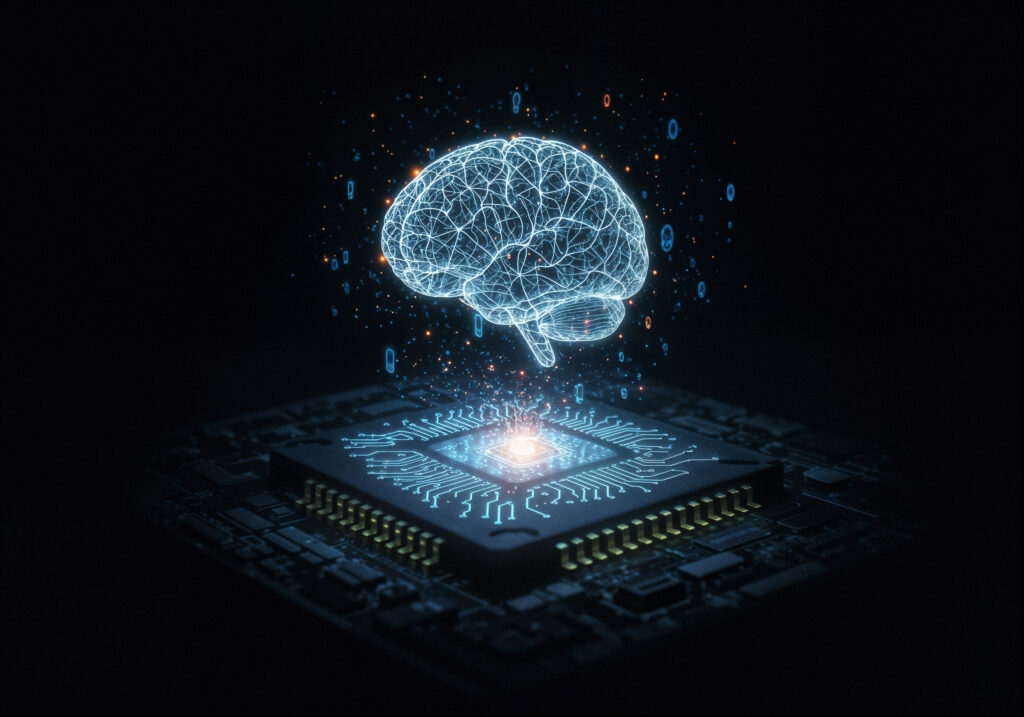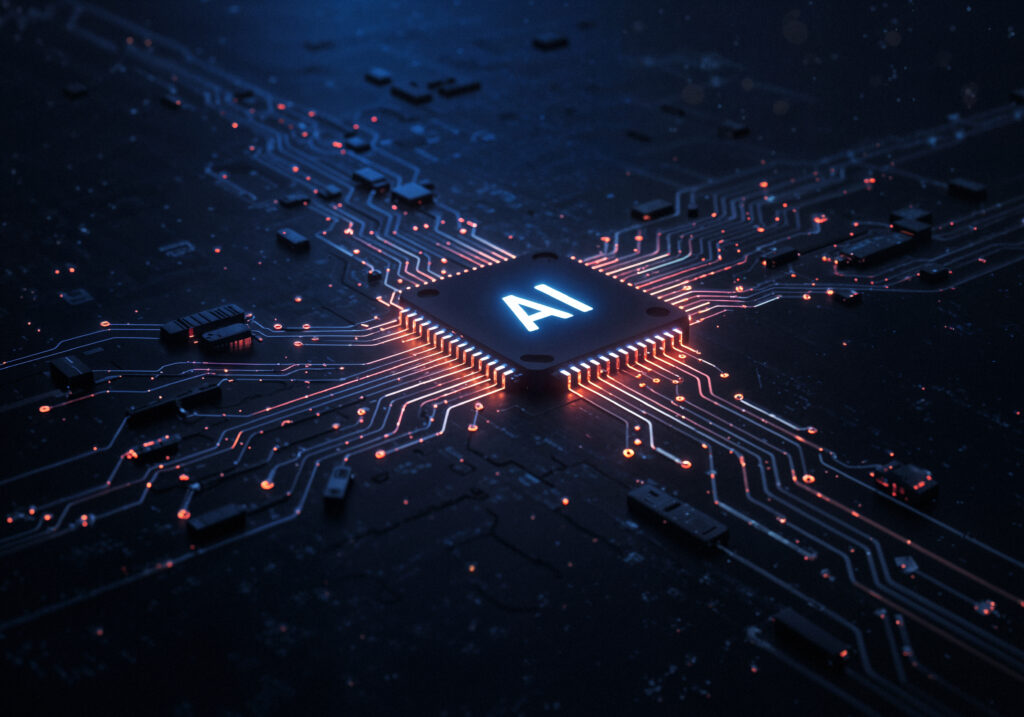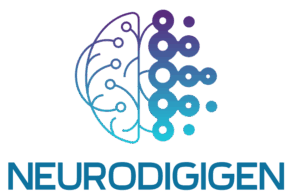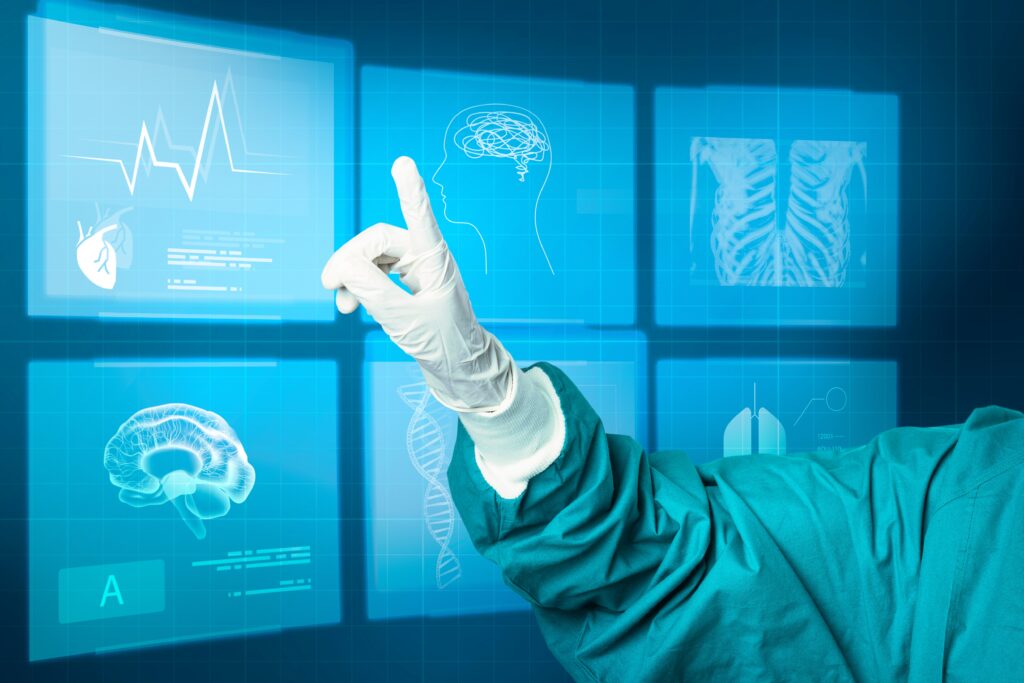Artificial Intelligence
Introduction
Artificial Intelligence (AI) is reshaping healthcare by enabling machines to learn from vast datasets, recognize patterns, and assist in clinical decision-making. From predicting disease risks to automating diagnostics, AI provides powerful tools that enhance precision, efficiency, and personalization in medicine.


Clinical Applications
AI is being applied across nearly every field of healthcare:
Medical Imaging: Detecting tumors, fractures, and anomalies with higher accuracy than traditional methods.
Predictive Analytics: Anticipating disease risks such as heart attack, stroke, or diabetes progression.
Drug Discovery: Accelerating the identification and development of new therapies.
Personalized Medicine: Tailoring treatments to individual patient profiles using genetic and clinical data.
Virtual Assistants: Supporting clinicians with real-time data analysis and patient monitoring.
Advantages
AI brings transformative advantages to healthcare systems:
Rapid processing of massive, complex datasets.
Increased accuracy and reduced diagnostic errors.
Faster decision-making and treatment planning.
Cost savings through automation and efficiency.
Improved patient outcomes through data-driven insights.
Future Outlook
The future of AI in healthcare will see deeper integration with genetics, microbiome analysis, wearable devices, and remote healthcare platforms. AI will not only assist in diagnosis but also predict treatment responses, personalize therapies, and guide preventive strategies. As algorithms become more transparent and ethical frameworks evolve, AI is set to become a trusted partner in delivering smarter, safer, and more effective healthcare worldwide.



